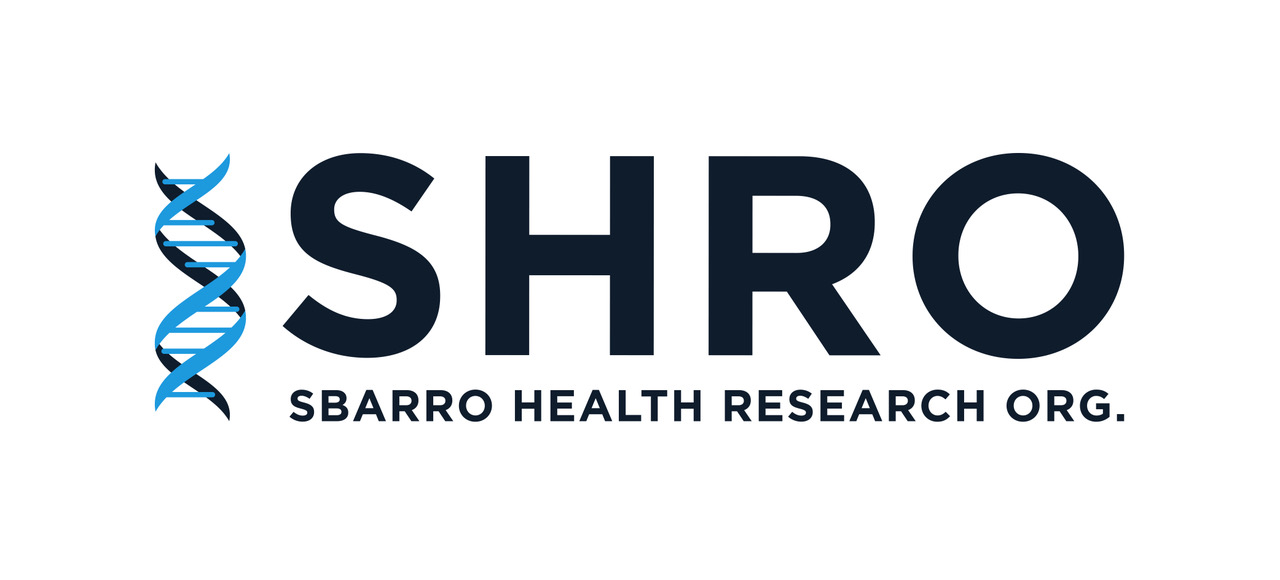Clean Up and New Studies Urged; Economic Benefits Cited
Newswise — July 6, 2011 (Philadelphia, PA) –-- Scientific evidence is mounting in support of a significant increase in cancer mortality and malformations occurring in specific areas of the Campania Region of Southern Italy, where improper waste management and illegal waste trafficking have been repeatedly documented, according to “Wasting lives: the effects of toxic waste exposure on health. The case of Campania, Southern Italy” published in Cancer Biology & Therapy.
“Considering the results of such studies is a must in orienting the short and long term governmental policy on waste related disease occurrence,” said lead author Maddalena Barba, M.D., PhD, of the Human Health Foundation Onlus (HHF) (www.hhfonlus.org) in Spoleto-Terni, Italy and the Sbarro Institute for Cancer Research and Molecular Medicine, Center for Biotechnology (www.shro.org) at Temple University, Philadelphia, PA.
Three decades of illegal waste dumping and consequent environmental abuse have made the Campania Region, Southern Italy, a unique case in the context of waste-related disease occurrence. Based on the paper’s review of surveys and studies conducted in the region “there is consistent epidemiologic evidence in support of the association between health outcomes and waste exposure in the Campania Region.”
Cancer mortality, both overall and site specific and congenital malformation rates appear to be significantly increased in the northern part of the Naples Province and in the southern part of the Caserta Province, compared to the expected regional figures. In both of these areas, numerous dumping sites – both legal and illegal – have been repeatedly documented.
The review notes that the body of knowledge concerning the geographical distribution of waste sites in Campania, Southern Italy, has grown notably. Still, most of the disposals are not visible (sunken or buried) and there is limited information on the nature of the toxic substances contained in the sites.
“The scientific panorama, along with the results of economic studies, encourage further investigation on the topic,” said Antonio Giordano, M.D., Ph.D., Founder and Director of the Sbarro Insitute and one of the co-founders of the HHF. “Future studies should combine clinical epidemiology with molecular toxicology to investigate interactions between genetic determinants and environmental factors and identify groups at particularly high risk of developing diseases such as cancers and malformations.”
In addition to improving the design of studies, the paper notes that the “net monetary benefits deriving from the reclamation of hazardous sites present in Campania would be considerably higher than the estimated costs.” It cites a recent study of the effects of the U.S. superfund cleanups on human health, “where authors observed a 20-25% reduction of congenital anomalies in residents of areas where the remediation of contaminated sites took place.”
“The same goals need to be pursued in the Campania Region,” Giordano said.
. For waging the scientific battle over toxic waste in Southern Italy and for championing the creation of a cancer research center in Pagani (Salerno), Italy, Giordano recently came under fire from some local journalists and local politicians in the region. The Italian American scientist said he would continue to pursue the projects already begun and instigate a series of lawsuits and legal actions against the false and injurious statements used against him and the non-profit Human Health Foundation Onlus. ###The Human Health Foundation is a nonprofit organization dedicated to biomedical research and health education based in Spoleto-Terni, Italy.
The Sbarro Health Research Organization Center for Biotechnology Research funds the Sbarro Institute for Cancer Research and Molecular Medicine, a leading nonprofit research center for cancer, diabetes, and cardiovascular disease. The Director of the Center is Antonio Giordano, M.D., Ph.D., an internationally known pathologist and geneticist. Based in Philadelphia, Pennsylvania on the campus of Temple University, S.H.R.O. programs train young scientists from around the globe.

